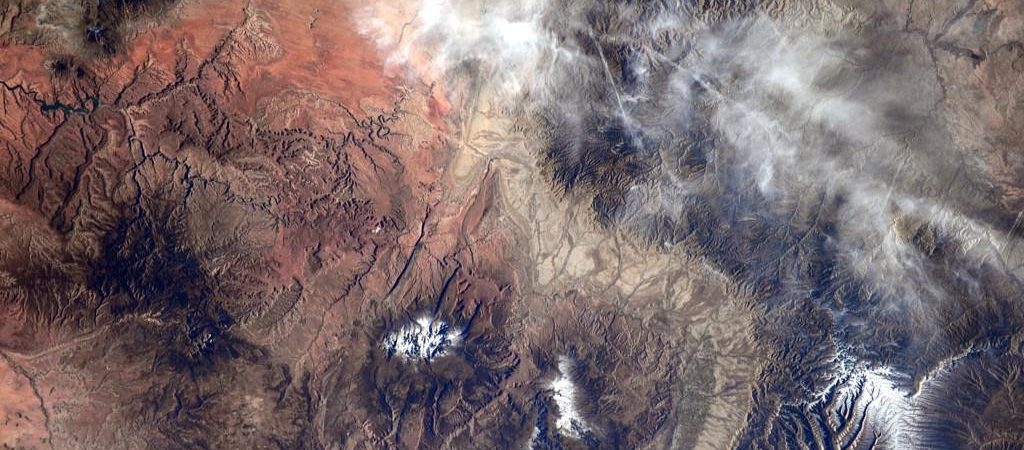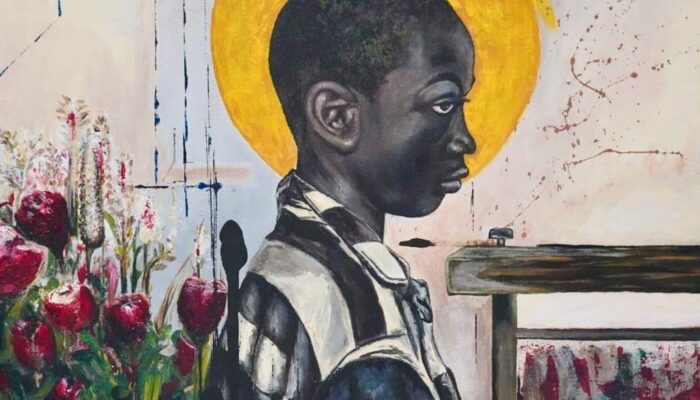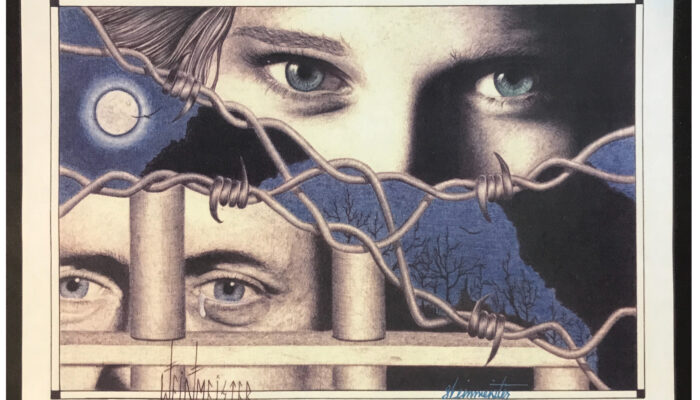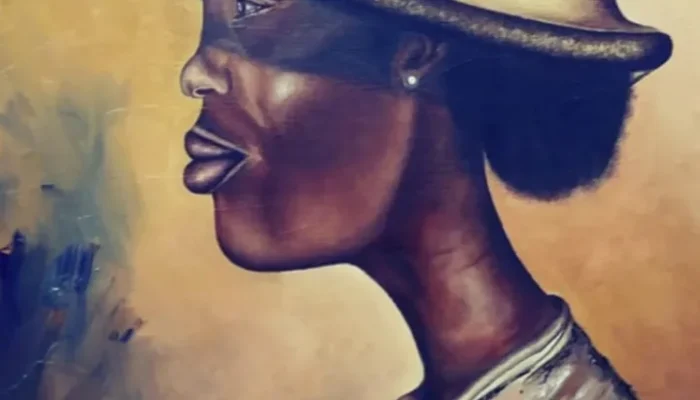We Outlast Empire is a recurring series which aims to highlight poetry that explores the many angles of our current global and political situation. With words, we hope, we may transmute a part of ourselves—a part however small or large—that can exist without drawn borders, without violence, without injustice.
Showing a Boy Wearing an Oxygen Mask
It’s like a fire rod going in. Your neck starts boiling. Yellow smoke
near the impact site, yellow cylinder, odor, yellow-green
smoke, yellow cylinder, odor, yellow cylinder, odor, yellow-
green smoke, yellow-green smoke, odor, odor, yellow cylinder,
yellow-green smoke, odor, yellow cylinder, yellow-green smoke,
odor, odor, possibly yellow cylinder in the morning on November 18th.
Al-Halabi saw in the distance two helicopters dropping four objects,
but there was no explosion, leading al-Halabi to believe that the munitions
were filled with chlorine. The barrel had fallen in the middle of the street
in Sheikh Najar, which was on the front line. Abu Ali says that he took
a woman and a boy to the same hospital. The boy, between coughs, says
that an aircraft dropped a bomb near him in Ard al-Hamra, that there was
yellow-green smoke, that somebody took him to the hospital. He says
the people were pale, coughed, at least one person had foam coming
from their mouth, was standing erect next to crater in the street, releasing
his content, that the attack had killed six members of the same family,
had fallen in al-Sakhour shortly after midnight in November. One fell
75 meters from his house, he says. He put a wet cloth over his mouth
and went out to check the neighborhood. In a blue house, he saw
five dead civilians: a mother, father and three children. Their faces
were blue. Abu Mohammed took them to a nearby house and gave
them oxygen, he says. Mahmoud, a perfume seller who lived
in al-Sakhour, says he heard a bomb fall on the night. He went
to the impact site the next morning. He had friends in the area.
The bomb had struck a house near the vegetable market. The smell
is like the liquid we use to clean the house. Abu Taim al-Halabi,
a cameraman, shows four lifeless children lying, shows the bodies
of the four children on the back of a pick-up truck together with
the body of a man, the rubble of a house and remnants
of a yellow cylinder amid the rubble. He was sheltering in a basement
in Tariq al-Bab because of ongoing airstrikes when he heard there was
no explosion, but he filmed smoke rising from the place where
the object had landed, struck Karm al-Qaterji and Qadi Askar,
just before the sunset prayer, at 4:32 p.m.—and two more, though
he does not remember where they landed. It is the same smell
as in Hanano, he says. Al-Halabi confirmed the account in the course
of one hour in late November, in the area where Karm al-Myasser,
Karm al-Qaterji, Karm al-Jazmati and Daheert Awwad meet. At one point,
somebody opened the door to the house while I was interviewing a girl
out in the street. The munition had penetrated the roof of the house.
Neighbors say that a woman had been in the house. The cylinder
was stuck in the roof, he says, but still leaking gas. He says he saw
four or five dead pigeons in a nest nearby. When he comes down
from the roof, he says, he inhaled some of the gas. It is terrible,
suffocating, small. Khodr says he and a journalist went
to a nearby hospital where they were treated with oxygen.
They ran for shelter when they saw a helicopter in the afternoon
over what looked like a medical facility. It was yellowish, slightly
greenish. It was moving around with the wind when the wind blew
the gas towards the south, struck the street outside his home
in the Bab al-Maqam district, al-Fardous, and Kallaseh. He says
he saw the body of one patient, a man he estimated to be in his sixties,
lying lifeless in the corridor, apparently dead, he said, green gas
spreading along the ground, where he
also died, saying that it had been filmed.




